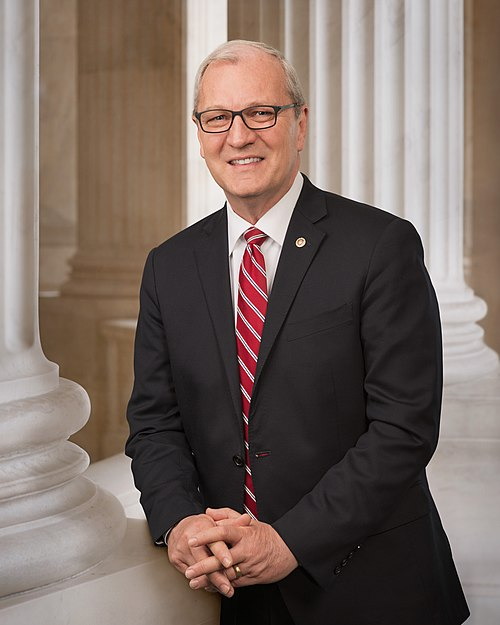S. 2031: Workforce Mobility Act of 2025
The Workforce Mobility Act of 2025 aims to prohibit certain noncompete agreements in the United States, addressing concerns around their impact on worker mobility, wages, and productivity. Here’s a breakdown of key aspects of the bill:
Key Findings
The bill outlines several findings regarding noncompete agreements:
- Approximately 20% of workers are bound by noncompete agreements, which limit their employment options.
- These agreements are seen as a blunt tool for protecting employer interests, leading to reduced wage growth and hindering national productivity.
- They may decrease wages and limit the ability of workers to change jobs, thus slowing innovation.
- Employers have other means to protect their interests, such as trade secret laws and nondisclosure agreements, that do not have the same negative impact on workers.
Prohibition of Noncompete Agreements
The bill states that, with specific exceptions, no one can enter into or enforce a noncompete agreement with an employee or contractor related to their work in commerce. Such agreements would not hold legal effect.
Exceptions to the Prohibition
- Business Sales: Sellers of a business can agree not to compete with the buyer in a specified area for a certain period.
- Senior Executives: Noncompete agreements can be made with senior executives as part of their severance agreements but must not last longer than one year.
- Partnership Dissolution: Partners can agree to noncompete terms upon leaving a partnership.
Protection of Trade Secrets
The bill does not prevent the enforcement of agreements that protect trade secrets, allowing employers to maintain confidentiality of sensitive information even after employment ends.
Notice and Public Awareness
- Employers are required to post notices about the provisions of this Act in conspicuous locations for employees and applicants.
- The Secretary of Labor may conduct campaigns to raise public awareness about the Act.
Enforcement Mechanisms
Enforcement of the Act will be handled by the Federal Trade Commission (FTC) and the Department of Labor:
- The FTC will address violations similar to enforcing unfair or deceptive acts.
- The Secretary of Labor will investigate violations and can take legal action on behalf of affected individuals.
- Individuals can also sue for damages if they are harmed by violations of the Act.
Reporting and Regulations
Reports on enforcement actions must be submitted to Congress, and regulations to implement the Act must be issued within a set timeframe post-enactment.
Definitions
The Act clarifies definitions of key terms such as "business entity," "noncompete agreement," and "trade secret," ensuring legal clarity and enforcement.
Relevant Companies
None found
This is an AI-generated summary of the bill text. There may be mistakes.
Sponsors
4 bill sponsors
Actions
2 actions
| Date | Action |
|---|---|
| Jun. 11, 2025 | Introduced in Senate |
| Jun. 11, 2025 | Read twice and referred to the Committee on Health, Education, Labor, and Pensions. |
Corporate Lobbying
0 companies lobbying
None found.
* Note that there can be significant delays in lobbying disclosures, and our data may be incomplete.
Potentially Relevant Congressional Stock Trades
No relevant congressional stock trades found.



